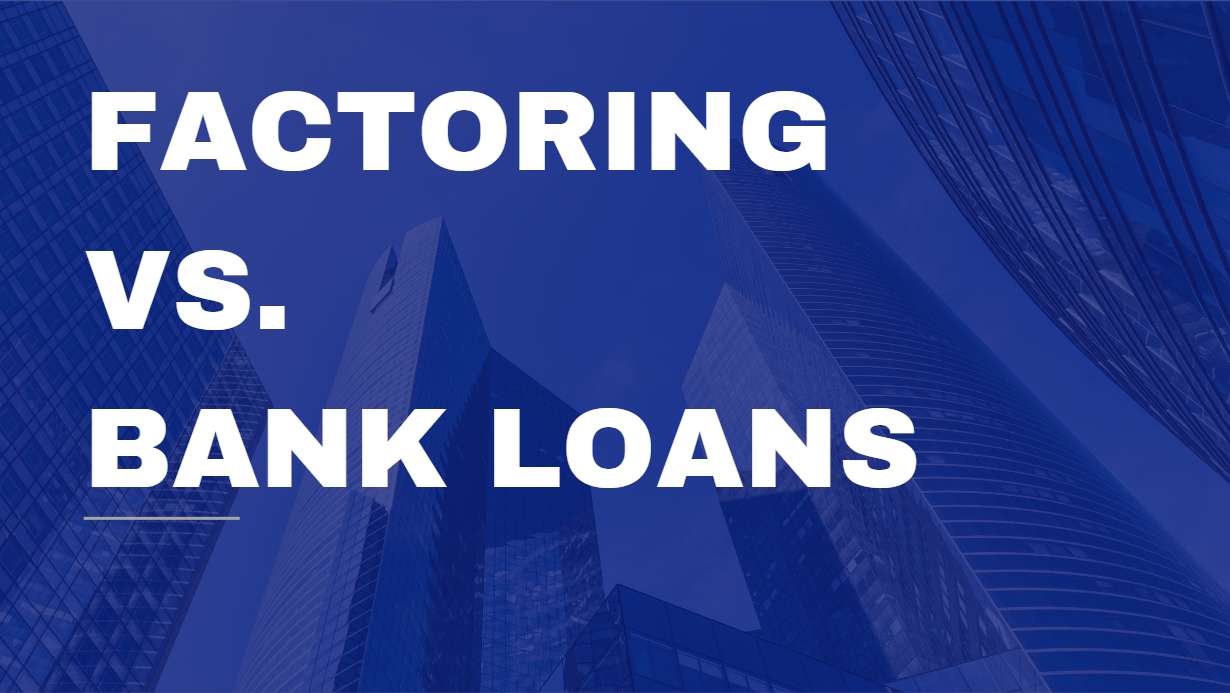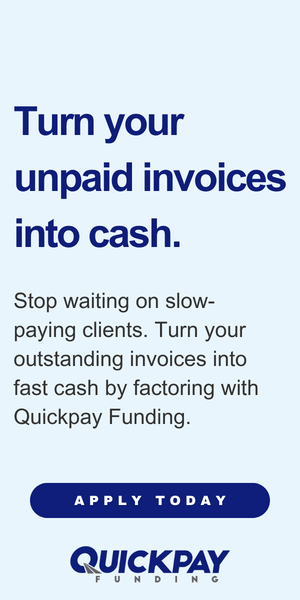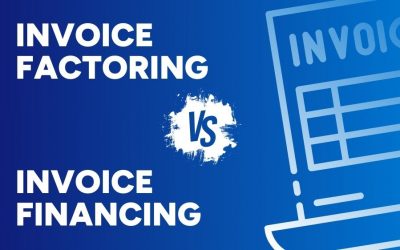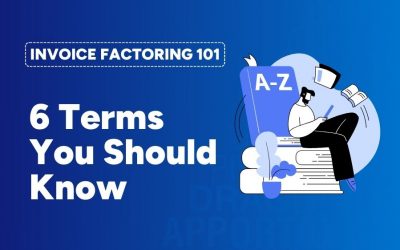As a business owner, you may need to consider different financing options to help maintain or grow your business. Two common options are invoice factoring and bank loans. While both can provide a source of funds, there are significant differences between the two. Let’s compare invoice factoring vs. bank loans and explain which type of companies would benefit from each option.
What is Invoice Factoring?
Invoice factoring is a financial transaction in which a company sells its accounts receivable (invoices) to a third party (the factor) at a discount. In other words, a business sells its unpaid invoices to a factoring company in exchange for immediate cash. The factor then assumes the responsibility of collecting payment from the customers who owe the invoices. Invoice factoring is a type of financing that can help businesses with cash flow problems caused by slow-paying customers.
What are Bank Loans?
On the other hand, bank loans are a traditional source of financing where a business borrows money from a bank and agrees to repay the loan with interest over a specified period. The loan is typically secured by collateral, such as business assets or personal guarantees, and the application process can be lengthy and require significant documentation.
Invoice Factoring vs. Bank Loans: Key Differences
| Category | Invoice Factoring | Bank Loans |
|---|---|---|
| Funding Speed | Fast, often within 24 hours | Slow, can take weeks or even months |
| Collateral | No collateral required | Collateral required |
| Debt | No debt incurred | Debt incurred |
| Credit Check | Based on your customers’ creditworthiness | Based on your creditworthiness |
| Fees/Interest Rates | Higher fees | Lower interest rates |
| Repayment | No long-term commitments, repayment is based on invoice collection | Long-term commitments and regular repayments |
| Qualification | Easier to qualify for | Stringent qualification requirements |
| Customer Relationships | Factor takes over responsibility for collecting payments | Business retains responsibility for collecting payments |
Which Type of Companies Would Benefit from Factoring?
Invoice factoring can be beneficial for businesses that have slow-paying customers and need immediate cash flow. This includes:
- Small businesses with limited financial resources
- Businesses with inconsistent cash flow due to seasonality or industry-specific factors
- Businesses with limited collateral or poor credit scores
- Businesses that do not want to take on additional debt
Which Type of Companies Would Benefit from Bank Loans?
Bank loans, on the other hand, can be beneficial for businesses that need longer-term financing for large investments or growth opportunities. This includes:
- Established businesses with a strong financial track record
- Businesses with significant collateral that can be used to secure a loan
- Businesses with a long-term strategic plan that requires a large investment
Both invoice factoring and bank loans can provide financing solutions for businesses, but they differ significantly in terms of funding speed, collateral, credit checks, fees/interest rates, repayment terms, and qualification requirements. Invoice factoring may be a better option for small businesses with inconsistent cash flow, while bank loans may be a better option for established businesses with a long-term strategic plan. Ultimately, the decision between the two options will depend on the unique needs and goals of your business.




